Johnson City, Tennessee, is a diverse little city that is growing fast. The city was once a transportation hub, where coal, timber and goods from the east would cascade off the western slope of the Appalachian Mountains to develop an expanding frontier.
Long gone are the frontier days. Gone are the boom days of coal. Gone are a lot of the factories, and gone is the need for rail travel. Finally, gone is most of the agriculture that once dominated the region. The little city has struggled to redefine itself.
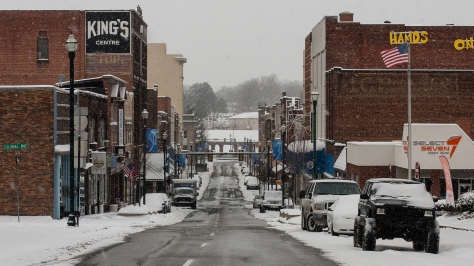
The never-say-die spirit of the Appalachian American is kicking in though. They are picking themselves up and finding new ways to make a living. This time in one sustainable for future generations.
Outdoor-Assets are to play a major role in the future of the region. Mountain Bike parks are popping up where local organizations have struggle with land-use for two decades. More emphasis is being placed on long standing assets like the Appalachian Trail, in near by counties.
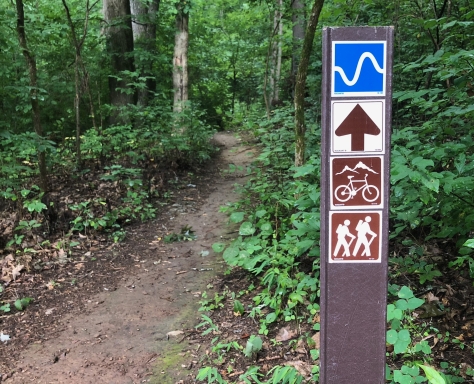
Every visit to Johnson City provides another opportunity to learn or try something new. There is always a festival for music, food, cultural diversity or outdoor recreation happening. Besides all of the reasons one has already, what follows is a list of five reasons to visit the city, with your bike.
- Accommodations: One can choose from a variety of accommodations in the Johnson City area. Whether you want a 5 Star hotel complete with room service, or a private country cabin; the region will oblige your needs. There are a variety of offerings ranging in price to accommodate most people’s budget. Easily search online for any offerings if looking to book a trip.If one is traveling with a bike do not worry. There are a variety of bike shops in Johnson City to take care of your best friend if repairs or a tune is needed. One can find a shop that is brand specific to their bike but most of the shops can work on any bike. The city is very bike friendly and has multiple repair points in the parks downtown too.
- Biking: Tannery Knobs Bike Park will be opening soon. This park is located within an easy 2 miles of downtown Johnson City. TK features beginner to advanced skill-level mountain bike trails, built by IMBA Trail Solutions. Also, being built at this time is a paved pump track by Velosolutions out of Knoxville, Tennessee.Winged Deer Mountain Bike Park is within city limits and features miles of single-track. The local Southern Off-Road Bicycling Association is in the process of expanding the trail system for 2019. This trail system is mostly hand built by volunteers, residents and from donations.SORBA Tri-Cities will be adding an advanced skill-level trail to Winged Deer. The trail will feature natural rock gardens with 4 to 5 feet drops. This line was discovered, when club members began to clear undergrowth looking for opportunities to dig new trail.
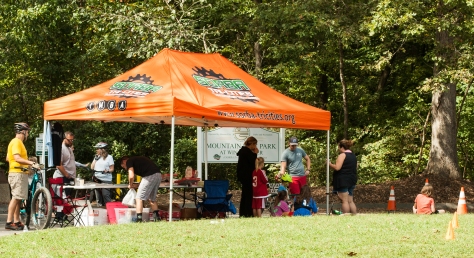
Members of SORBA Tri-Cities gather for Take A Kid Mountain Biking Day at the Mountain Bike Park at Winged Deer. Photo by Kenneth Medley The cities convenient location also makes it possible to drive to Pisgah National Forest for a day trip. There is also Paint Creek and a few other popular mountain bike destinations available for day trips. That is why it is best to plan an extended stay, around a week, to the region.
There are also great road biking opportunities, if one is more into that. There are a myriad of routes to choose from with loops of 50 to 100 miles or more. Local clubs and businesses have nightly rides Monday through Saturday during peak season for road and mountain bikes.
- Beer: Okay, if you do not drink then this may not be a reason. Let me entice you though. Beer has been a part of American Culture since the countries founding. Some of the founding fathers were even rumored to be brewers themselves.Johnson City has found success in the popularity of craft breweries. The city features five craft breweries and six tap rooms within a one-mile radius of downtown. At any time of the day one can catch a whiff of malt in the air and this floods the mind with images of 18th Century America for the history buff.
- History: Johnson City has a storied history. One such story is how the city received its nickname, “Little Chicago,” from notorious American gangster Al Capone. Although not spoken about by the locals, the Bible Belt-town had quite the reputation during prohibition.Also, nearby is Jonesborough, Tennessee, the state’s oldest town. This historical town is home to the International Storytelling Center, the first abolitionist newspaper in the south, and a preserved Main Street where the likes of Daniel Boone, President Andrew Jackson, David Crockett and John Sevier, once went for an evening stroll.
One can experience this living history in Johnson City and much more. The trails nearby provide more history. The Overmountain Shelter is a rejuvenated shelter on the Appalachian Trail once used by the Overmountain Men during the Revolutionary War. You can hike up, stay overnight here and imagine what it would have been like; to be a part of a militia about to battle the most powerful army in the world, at the time.
- Convenience: One thing that one should have noticed is that not everything on this list is in Johnson City. That is on purpose. Johnson City is conveniently located in the Tri-Cities and Northeast Tennessee region.Johnson City provides the best all around location to get the most out of what the region offers. One can travel to Bristol Motor Speedway, Roan Highlands or Erwin to white-water raft all in under an hour. These activities can be accomplished on a day trip.

Once back in Johnson City you can enjoy a refreshing drink at a local award-winning brewery, grab a bite to eat at a fine restaurant and return to your accommodations, all without spending an arm-and-leg. The city provides the convenience of backcountry outdoor recreation without the negatives.



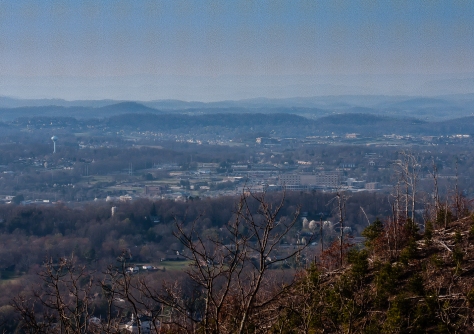
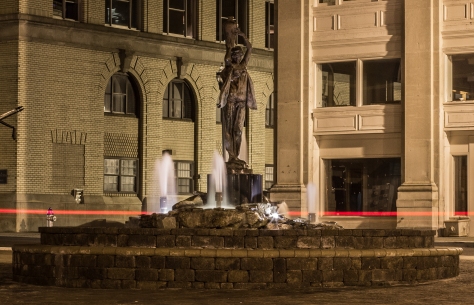

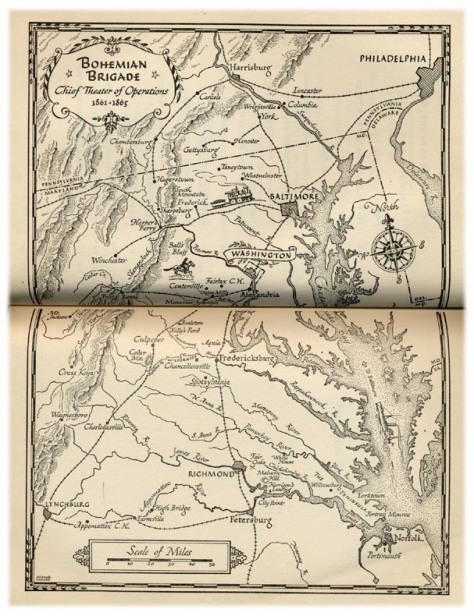 Photo courtesy of
Photo courtesy of 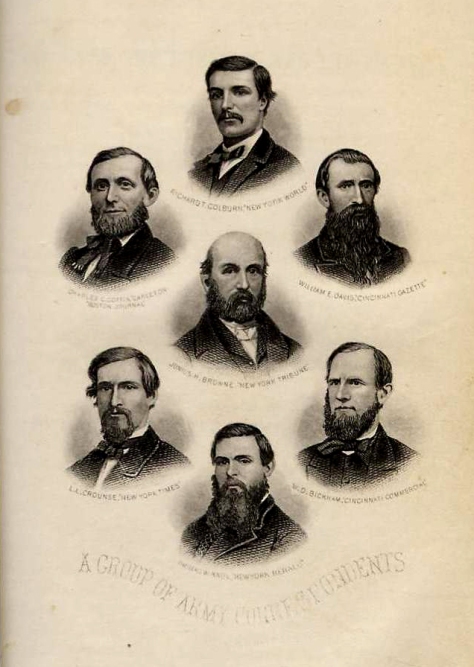 Charles Colburn, N.Y. Herlad, Charles C. Coffin, Boston Journal, Julius Browne, William Davis Cincinnati Gazetter, L.L. Crounse, “New York Times, W.D. Bickham, Cincinnati Commerce, Thomas W. Knox, New York Herald. CDV courtesy of Leon Basile’s Collection. Photo courtesy of
Charles Colburn, N.Y. Herlad, Charles C. Coffin, Boston Journal, Julius Browne, William Davis Cincinnati Gazetter, L.L. Crounse, “New York Times, W.D. Bickham, Cincinnati Commerce, Thomas W. Knox, New York Herald. CDV courtesy of Leon Basile’s Collection. Photo courtesy of